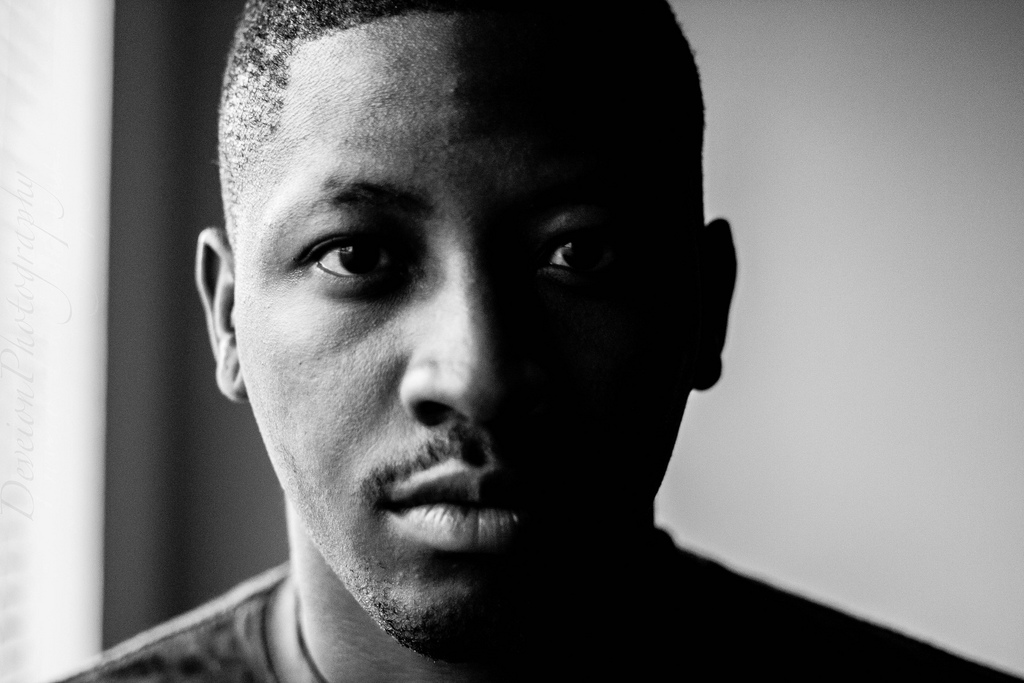I lied when I said “I’m fine. I don’t need anyone”.
Counter-dependency is exaggerated independence stemming from a fear of depending on other people and an inability to trust others.
I am a recovering counter-dependent. On my healing journey, I discovered that I adopted excessively avoidant behaviors as a result of being physically and emotionally abandoned by toxic parents. As a survival strategy I used to “numb out” and stop feeling anything, so I would never experience that pain again. According to Dr. Barry and Dr. Jane Weinghold in their book “The Flight from Intimacy,” counter-dependent characteristics are so pervasive in the United States that they seem like normal behavior.
If you are counter-dependent, you will avoid asking for help at all costs. The word “needy” triggered suppressed rage in me and my behaviors and decisions were devoted to avoiding suffering at all costs. Connecting and bonding with people to me involved great risk of being abandoned and I despised feeling vulnerable. I protected myself by building an impenetrable wall to keep deep emotions in and kept everyone else out. This defective behavior was automatic and mostly unconscious.
I am not a therapist and have no clinical training. I have been on a healing journey for several years and have developed a passion for sharing what I have learned with the sole goal of helping others.
Behind the “Pseudo-Independent” Mask
Although I was blind to it for most of my life, counter-dependents are actually controlled by fear and build fiercely independent lives that are focused on being totally self-supporting in all aspects. Felicia Durling, founder of the Center 4 Life Change, emphasizes in her blog that a child raised in an emotionally abusive environment becomes aware at a very young age that it is too dangerous to trust your parents, avoids attaching to them, and suppresses reliance on them by not turning to them when upset, suffering, or needing comfort. This survival tactic appeared to have helped me cope as a child by avoiding rejection, indifference, or refusal and severely impaired my ability to function as an emotionally healthy adult.
I was trained to perform well and present myself as the perfect child with perfect behaviors and admirable accomplishments, in order to receive any attention at all. As a result of this insecure attachment to my parents, I believed expressing needs and feelings meant I would be abandoned or rejected. So I kept up the “I’m fine” façade, while inside feeling empty, frustrated, and alone.
This is how the counter-dependent lie affected me as an adult:
- I was living a very unbalanced life by identifying only with my perceived strengths and built daily routines around them
- Evolved into a negative perfectionist who devalued, avoided, and ridiculed anything I was not good at
- Daily life experiences consisted of mistake-avoiding transactions and I was addicted to proving my self-worth
- I was overly competitive, judgmental of myself and others, and extremely sensitive to criticism
- Extremely impatient and easily frustrated, and overreacted to the point of tantrums when things didn’t go as planned
- Hyper-focused on activities, busyness, achievements, and anything else that kept me cut off from emotions
Counter-dependency is not healthy autonomy, also called interdependence. Interdependence means accessing real feelings, comfort with asking for help, having a clear sense of self, knowing who you are, and what you want. Interdependence is fueled by genuine emotional intimacy while also maintaining a firm sense of self. It is not rooted in fear.
Gregg Henriques, Ph.D., author of A New Unified Theory of Psychology, explains that counter dependency is an avoidance mindset driven by hiding vulnerability, rejecting help from others, and rigidly keeping an emotional distance. On the surface, it looked like I had it all together. In reality, I lived in hyper-reactive mode, had no idea who I was or what I wanted, and even though I had many superficial relationships I was secretly isolated, anxious, depressed. Twice in my life, I hit rock bottom, hard, because “living this way” was no longer an option.
The Healing Process
This is how I started and strengthened the healing process from counter-dependency:
- Recognized that my entire family going back over 100 years saw no value in attunement and connection. I believe it is your birthright to be truly seen by the people who brought you into this world. Once I saw how far back the emotional abuse traveled it enabled me to develop self-compassion for what I didn’t get but deserved. Self-compassion is the best medicine for shame.
- Became aware of and knocked down the defensive, protective walls I built and acknowledged the role I played in my own misery. This part was the “it gets worse before it gets better” part. Research has shown the “cure” for counter dependency is pain and accountability. I started by facing shame and fear head-on.
- Gradually acquired life balance and authentic inner strength. Avoidance and numbing out is not a sign of strength. Real strength is being able to feel one’s pain and openly express it. I don’t have to be perfect or over-accomplished in order to feel good. I now know how to create inner peace by gracefully accepting what I cannot control and taking care of myself.
- Learned about generational trauma and inherited trust issues. This fear of trusting people did not start with me. It was rammed down the throats of everyone that came before me and embedded deep into our family system. I have learned no one is out to get me. They are battling their own unhealed traumas and their behavior has nothing to do with me.
- It’s a marathon, not a sprint. Change takes time. The pain of staying the same is worse than the pain of healing. Unlearning toxic family patterns is a difficult but worthwhile investment and will improve the quality of your life.
I have devoted thousands of hours on research to unlearn defense mechanisms, end toxic family patterns, and now appreciate the value of relying on others in a healthy way. The healing journey never ends. Chiseling away at the defective behaviors caused by a false counter-dependent self is not a quick process. I still have more work to do to achieve an interdependent mindset and occasionally suffer setbacks. It takes courage and perseverance but I am living proof that change is possible. The stuck can stop here.





This is a wonderful post! I just recently learned I was counter-dependent due to my childhood trauma. With such little information out there isn’t hard to learn about it. I’m also a trauma blogger so thank you so much for this extremely well-written piece.
Thank you so much.